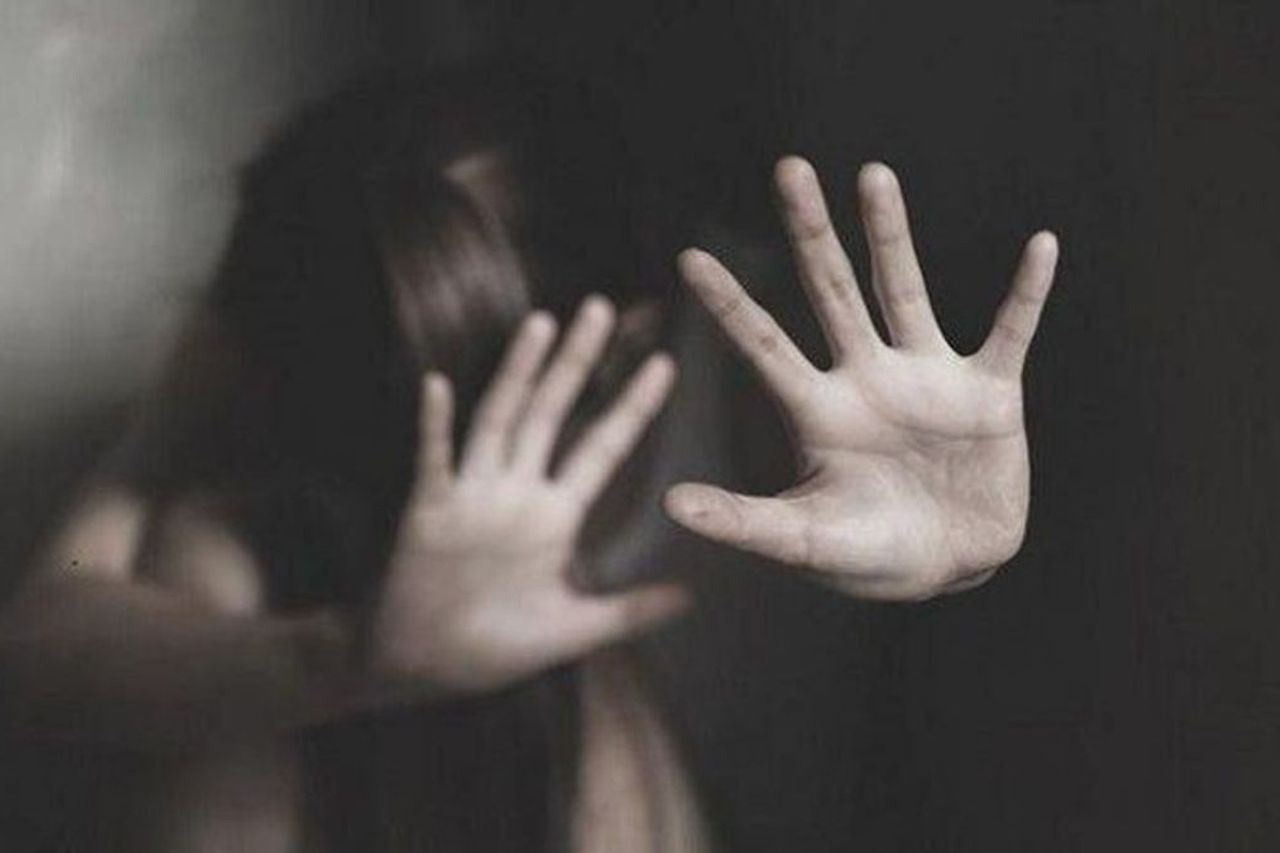KGSB Increases Teacher's Role In Handling Child Sexual Violence In Schools

More than half of cases of violence in schools are sexual violence involving children. As of August 2023, the Indonesian Child Protection Committee (KPAI) noted that there were 723 cases of violence related to educational units, 487 cases of sexual violence involving children in schools.
How should the role of teachers in dealing with sensitive problems be in accordance with standard operating procedures (SOP)? The Satkaara Sharing Teacher Community (KGSB) in collaboration with the BK Teacher's House, the Jentera Indonesian Law School (STH) and the Faculty of Psychology Universitas Brawijaya present a webinar entitled "The Role of Teachers in Handling Sexual Violence in Children in Schools", Saturday, February 24.
Ardyles Faesilio, Chairman of KGSB appreciated the enthusiasm of teachers in participating in the webinar. The event, which lasted more than two hours, was attended by 279 participants consisting of 238 KGSB members and 41 non-KGSB members from all parts of Indonesia, plus teachers who live in Timor Leste. Webinars are also a place to learn how to deal with sexual violence in schools, with teachers as the front line.
The issue of sexual violence is one of the priorities of KGSB, in addition to mental health issues, especially sexual violence involving children in schools. Increasing the role of teachers is one of our efforts to provide education related to the right steps in handling it," said Lio.
SEE ALSO:
Understanding SOPs For Handling Sexual Violence In Schools
Every level of education must have Standard Operating Procedures (SOP) for handling sexual violence in schools as stated in Permendikbud Number 82 of 2015 concerning the Prevention and Control of Violence in the Education Unit. Handling sexual violence must be in accordance with the principle of psychological first-aid (PFA) support which includes safeguards, sustain, comfort, advocates, and assets.
Regarding the rules for handling sexual violence in schools, the Chairperson of the Task Force for the Prevention and Handling of Sexual Violence (PPKSP) of the Indonesian Jentera STH, Reny Rawasita Pasaribu, SH, LL.M revealed, Permendikbudristek PPKSP has actually removed the gray' area by providing a clear definition to distinguish forms of physical, psychological violence, bullying, sexual violence as well as discrimination and intolerance to support efforts to prevent and deal with violence.
Definition of sexual violence as contained in Article 10 paragraph 1 of the PPKSP Permendikbudristek is any act of degrading, insulting, harassing, and/or attacking a person's body, and/or reproductive function, due to the inequality of power and/or gender relations, which results or can result in psychological and/or physical suffering, including those that interfere with a person's reproductive health and lose the opportunity to carry out education and/or work safely and optimally.
Some of the forms of sexual violence referred to in the paragraph above include the delivery of speech discriminating or harassing the physical appearance, body condition, and/or gender identity of the victim; the act of showing genitals intentionally; conveying words that contain seduction, jokes, and/or sexual nuances to the victim and the act of staring at the victim with sexual nuances and/or making the victim feel uncomfortable.
The form of sexual violence can also be done through sending messages, jokes, images, photos, audio, and/or videos sexually nuanced to the victim; the act of taking, recording, and/or distributing photos and/or recordings of audio and/or visuals of victims with sexual nuances; the act of uploading photos of the body and/or personal information of victims with sexual nuances and dissemination of information related to the body and/or personal sexual nuances.
Beyond the points above, there are still dozens of forms of sexual violence contained in the regulation including rape (trials) and human trafficking.
In addition to regulating acts of violence, the PPKSP Permendikbudristek also ensures that there is no policy that has the potential to cause violence in educational units. Prevention and handling of violence in the educational unit includes strengthening governance, education and provision of facilities and infrastructure.
Related to that, in Article 24 of the regulation there is a provision for educational units to form a Violence Prevention and Handling Team (TPPK). Meanwhile, the handling of violence (sexual) is carried out through a mechanism for receiving reports, examinations, preparation of conclusions and recommendations, then follow-up to reports on the results of examination and recovery.
"Well, this is where the SOP becomes very important because it will provide clear work plans and targets to the TPPK and the Head of the Education Unit. Also to provide certainty guarantees for the process of resolving cases against victims, witnesses and all parties involved in cases of violence (sexual)," said Reny again.
More than that, Reny continued, SOP will also be a starting point for the formation of an effective, efficient, and predictive prevention and handling system for victims, and continue to develop for cases of violence (sexual) in the educational unit environment. The existence of SOPs also shows the seriousness of the educational environment in handling cases of violence (sexual) as an effort to guarantee non-recurrence.
Psychological Support Of Teachers Breaking The Chain Of Sexual Violence
In terms of psychology, the Head of the Integrated Service Unit for Sexual Violence and Harassment Universitas Brawijaya, Ulifa Rahma, S.Psi., M.Psi, Psychologist said the role of teachers is very important to break the chain of sexual violence in schools. If you find cases of sexual violence in the school environment, the teacher can act as a companion (bystander).
However, Ulifa reminded, in this role teachers must uphold several principles so that survivors of sexual violence get the right treatment. Among other things, the principle of helping victims with recovery priorities for victims, through the consent of victims based on the information they received (informed consent).
Second, the principle of helping without judging. For this reason, teachers need to understand the reaction of the victim's body to trauma and understand how to respond to the various trauma impacts that survivors are experiencing. Just listen to the victim's vent without judgment and return all decisions to the victim without coercion.
Therefore, as a teacher companion, you must be able to put yourself in a survivor position. He must be sensitive to the situation and needs of survivors, be able to reach and provide support, by listening and admitting their feelings.
More than that, teachers and assistants must also understand various types of harassment/violence so that they can identify them better and understand their legal basis.
Widyaiswara Kemendikbud, Research and Technology RI, Ana Susanti, M.Pd, CEP, CHt. appealed to teachers as people who are close to students, must have the awareness to jointly prevent sexual violence in school environments starting with learning, exploring and being involved as initiators to prevent events. As an end, Ulifa invites all players in the world of education to jointly create a safe and comfortable school environment, by increasing awareness of all academic community.


